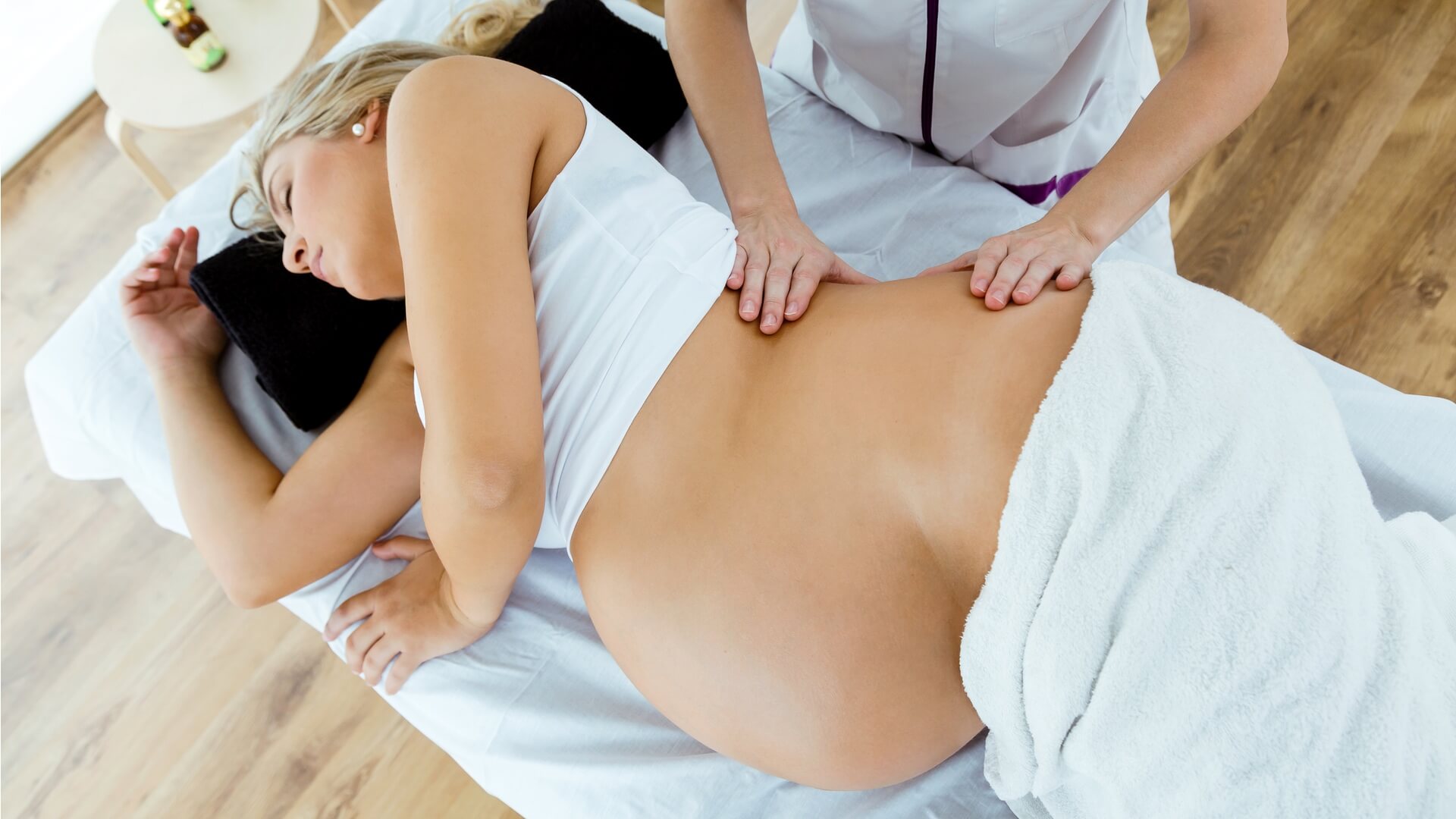Like any massage, prenatal massage can help the pregnant woman reduce stress, anxiety and lower back and leg pain. However, prenatal massage is not recommended in all cases.
Like any massage, prenatal massage can help the pregnant woman reduce stress, anxiety and lower back and leg pain. However, prenatal massage is not recommended in all cases.
The prenatal masseur will know and take into account the fact that the center of gravity shifts during pregnancy, causing greater tension in the neck, back and shoulders. The same happens to the lower back, which during these months becomes overloaded due to weight gain. Check out for massage gift cards near me.
In this way, prenatal massage is designed to relieve these muscles and areas of the body, so that aches and pains can be reduced. Like any massage, moreover, it has been designed to make the person feel better, making them relax and freeing them from stress and tension.
Several studies have been able to verify the effectiveness of prenatal massage in relation to the reduction of anxiety and stress levels in pregnant women. Some volunteers who received prenatal massages lasting 20 minutes for 5 weeks reported feeling less stress from the first session.
It was thus possible to verify that the group of pregnant women who received the massages indicated that their mood had improved, that their anxiety levels were lower and that, moreover, they were resting better. On the other hand, these advantages are also associated with lower postpartum depression rates.
Calm lower back pain
One of the most common annoyances during pregnancy is lower back pain and back pain. The weight gain and the pressure exerted by the baby can cause the muscles to undergo greater stress and, as a result, the pregnant woman suffers from aches and pains .
Similarly, the development of the baby causes the uterus to increase in size and the center of gravity to shift. In this way, the posture of the pregnant woman changes and, consequently, overloads the muscles of the lumbar area and back.
Just like lower back pain, pain in the legs and feet during pregnancy is a very common phenomenon, especially during the last trimester.
During pregnancy, the flow of blood in the body increases and, in addition, weight gain compresses veins and arteries, impeding circulation. If we add the water retention typical of this phase and fatigue, it is completely normal for women to suffer from tired legs and even cramps.
To prevent this ailment, it is recommended to walk and maintain proper hydration, avoiding a sedentary lifestyle. It is also recommended to perform relaxation and stretching techniques of the affected muscles.

